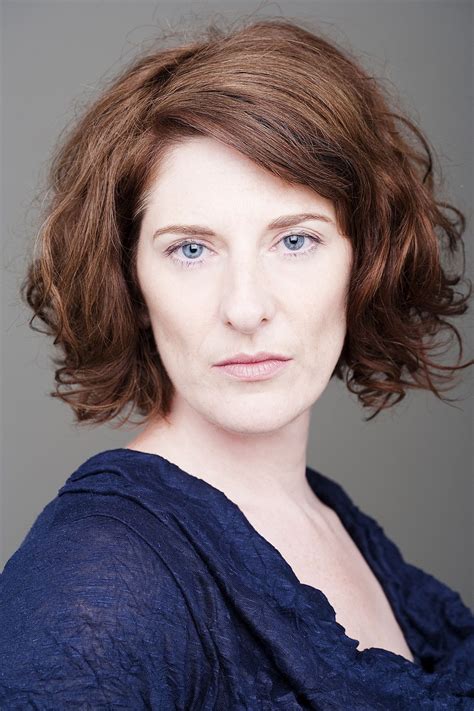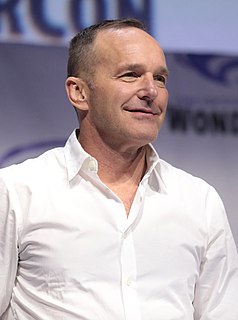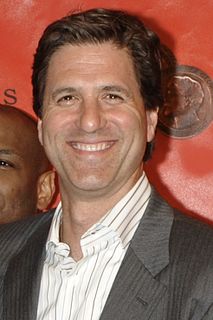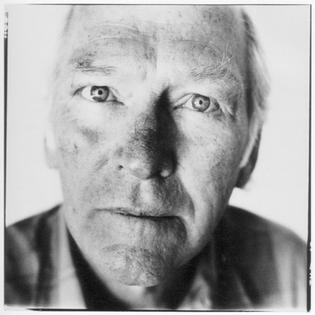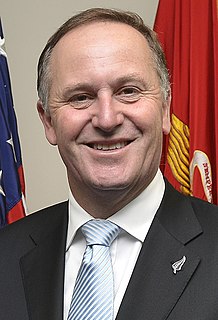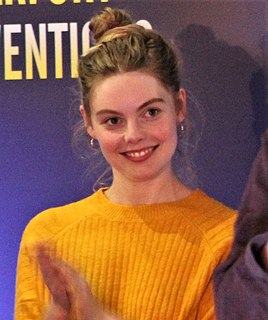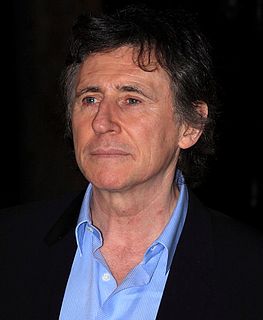A Quote by Stef Penney
I suppose the short chapters and differing narrative points of view are quite "cinematic" devices, which came very naturally to me.
Related Quotes
There's always changes in the way they do that in the cinematic universe. I think, with the S.H.I.E.L.D. 2.0, you're seeing some of the first ripples of those different points of view on what S.H.I.E.L.D. should be when it's rebuilt. I'm very, very curious to know which side Coulson will end up on in that struggle.
The dominant metaphor of conceptual relativism, that of differing points of view, seems to betray an underlying paradox. Differentpoints of view make sense, but only if there is a common co-ordinate system on which to plot them; yet the existence of a common system belies the claim of dramatic incomparability.
Faulkner's 'As I Lay Dying' had an immense effect on me, and most of my novels bear the burn marks of this experience, those short chapters with their conflicting points of view, truth expressed by multiple perspectives. The other attractive thing about 'As I Lay Dying' was the way it gave rich voices to the poor.
I came to this project and 'Far from Heaven' from completely different vantage points. 'Heaven' was of course about the Douglas Sirk films of that period, with the very specific cinematic language and style of melodrama. With 'Carol,' it was presented to me already packaged, with Cate Blanchett attached and Phyllis Nagy's script complete - when it came to me it had a long history and pre-history.
While the Pence-Hutchinson immigration reform idea is not perfect, it does represent a useful discussion point for future action. As diplomatically and kindly as possible, with all the greatest respect for differing points of view, let me just say that the Tancredo-Buchanan attack on Mike Pence is nuttier than a fruitcake.
